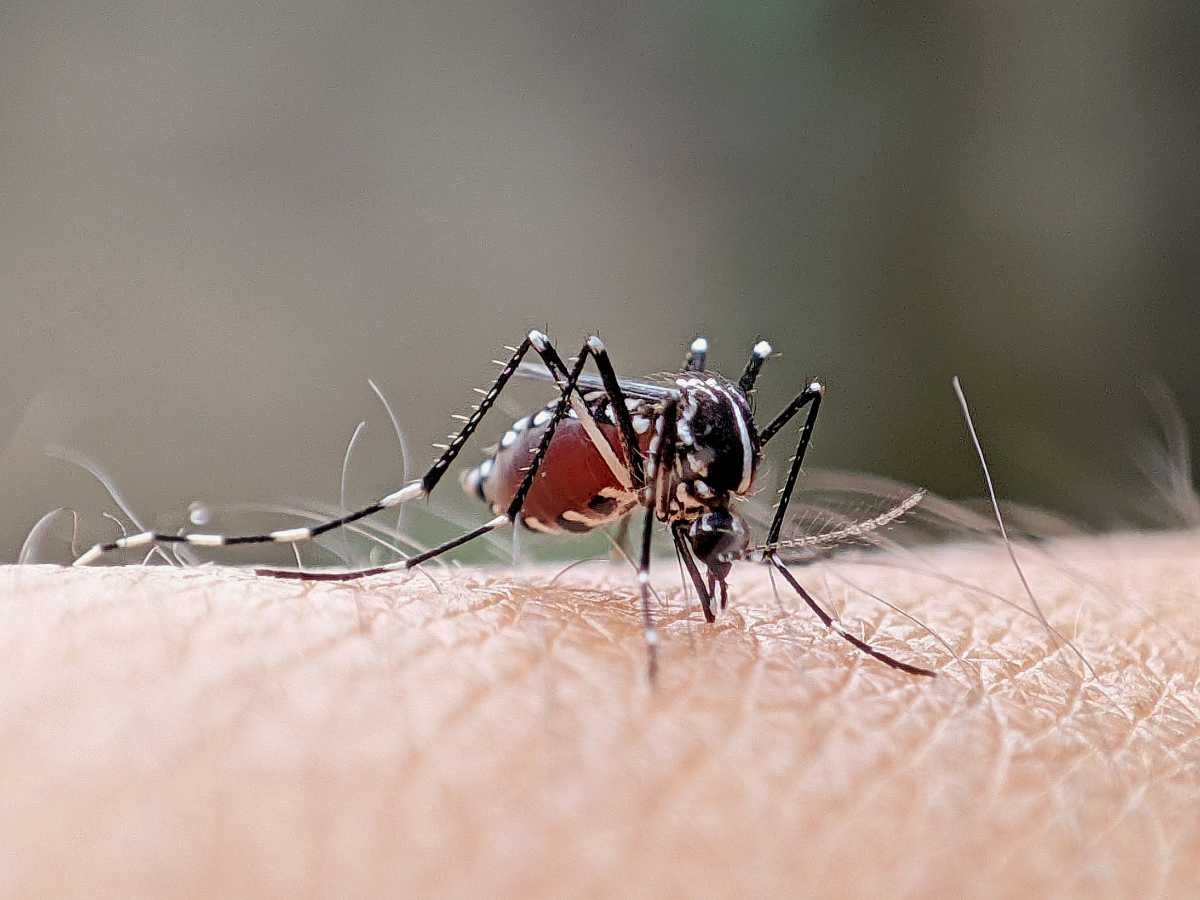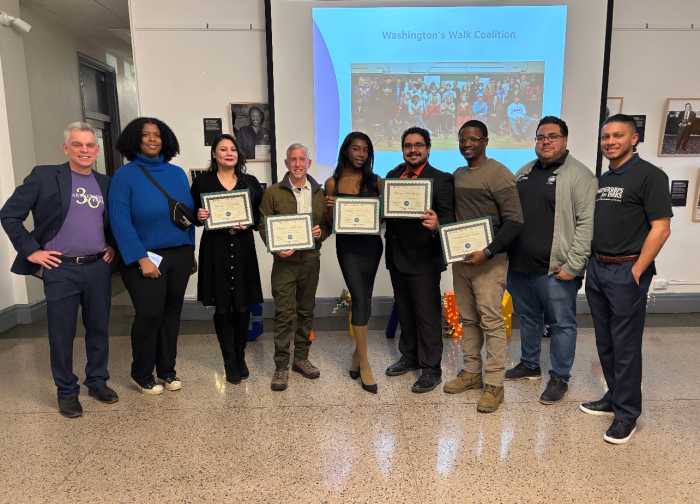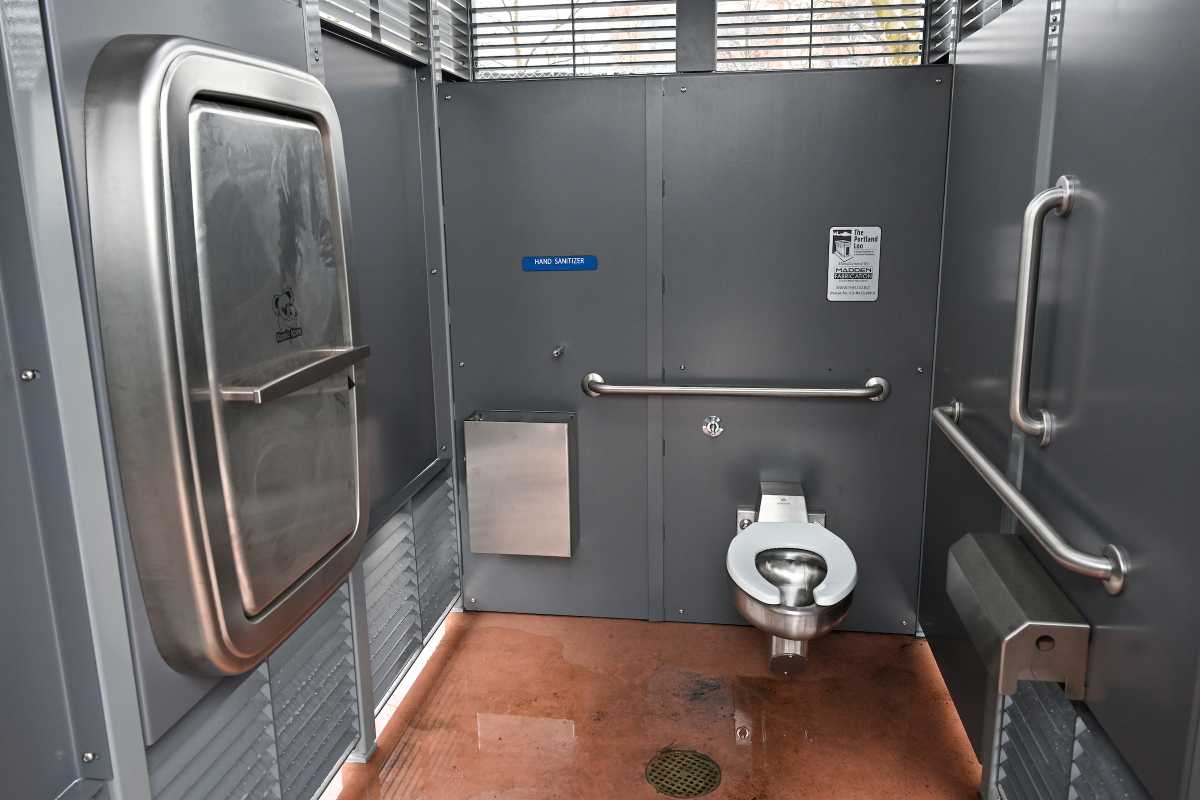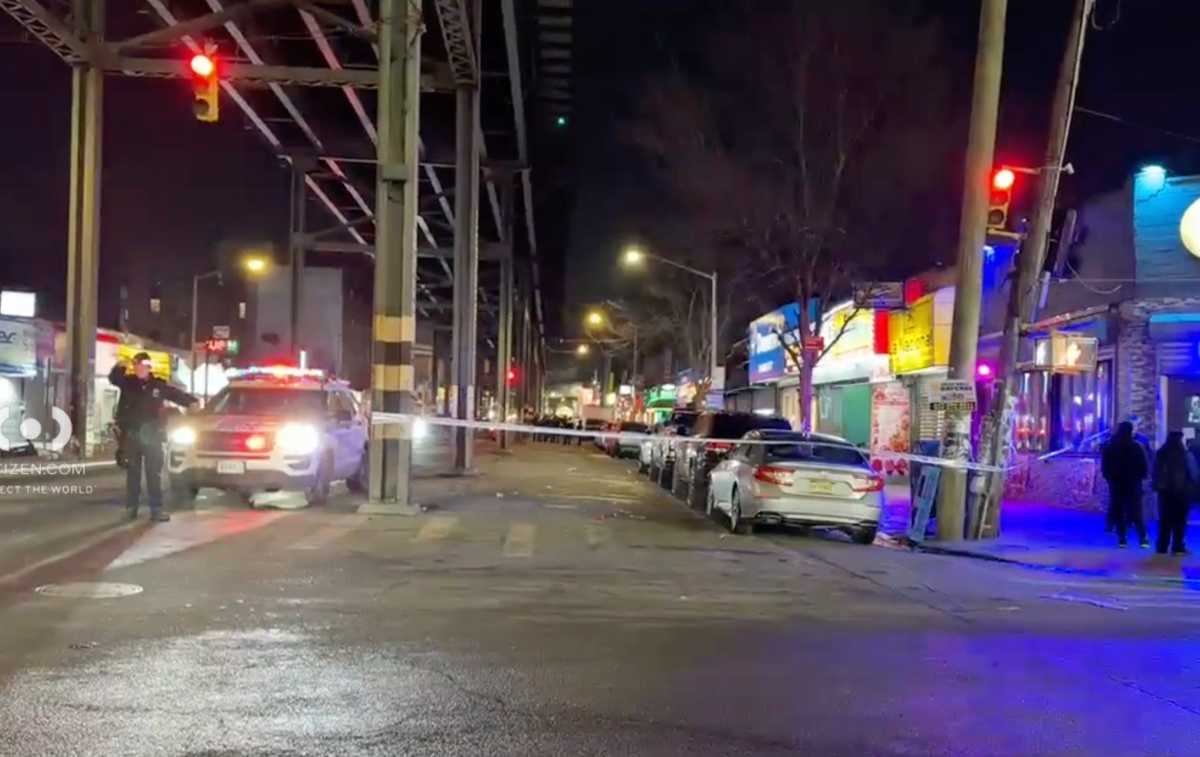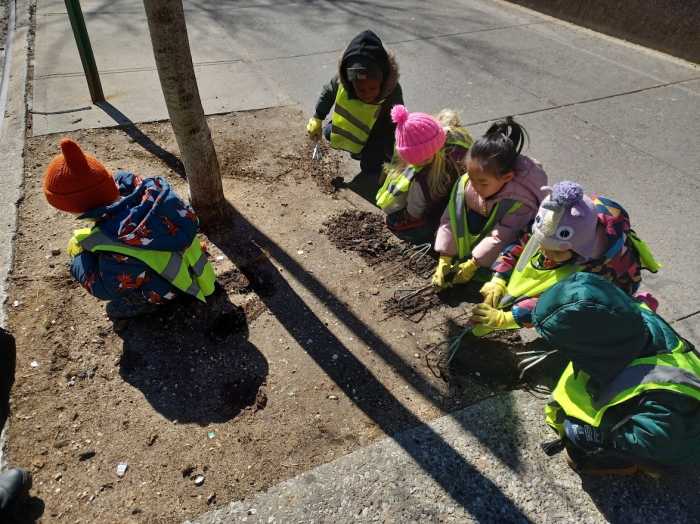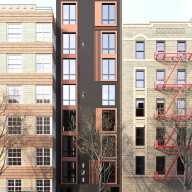The New York City Health Department will begin its first aerial larviciding treatment of the 2025 mosquito season on Monday, June 2, with helicopters set to spray marshlands and wet areas in the Bronx and other outer boroughs to help prevent the spread of West Nile virus.
The operation will take place from 6 a.m. to 7 p.m. through Wednesday, June 4, weather permitting. If weather delays the application, the city will resume on June 5, 6, or 9. The treatment will focus exclusively on nonresidential areas, including wetland sites in the Bronx where mosquito populations are known to surge during the warmer months.
In the Bronx, areas such as Pelham Bay Park and the Hutchinson River marshes are among the key mosquito breeding zones targeted by the city’s health department. These hard-to-reach spots will be treated by helicopter with VectoBac® GS — a larvicide containing naturally occurring bacteria approved by the U.S. Environmental Protection Agency and New York State.
“While most mosquitoes across the city do not carry disease, it is still essential to keep New Yorkers safe from any mosquito-borne illnesses,” said Acting Health Commissioner Dr. Michelle Morse. “Throughout the summer, the Health Department will be conducting mosquito control events so New Yorkers can enjoy their time outdoors.”
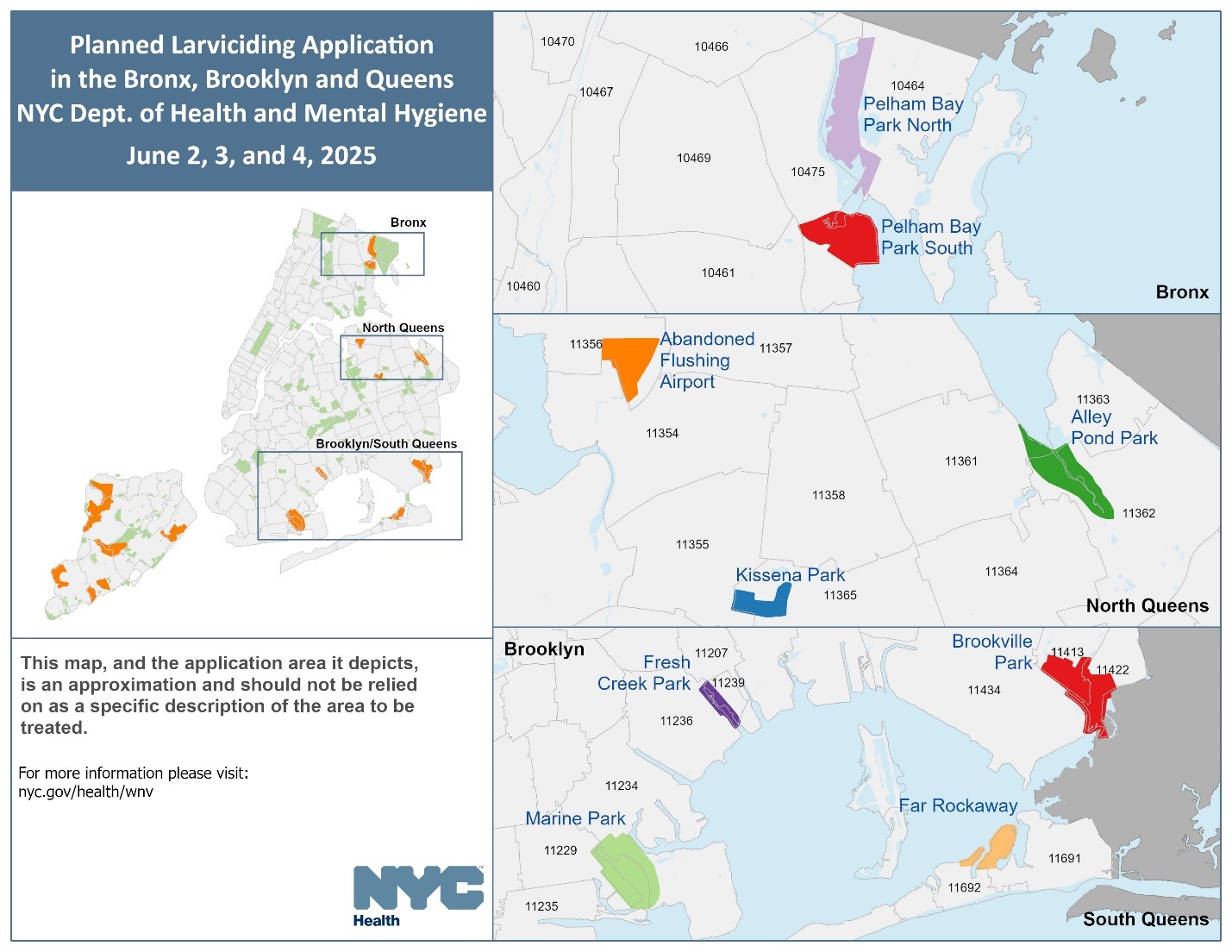
West Nile virus is transmitted by infected mosquitoes and can cause serious illness in some individuals. Although no human cases have been reported in 2025 so far, the Health Department routinely monitors mosquito populations and virus activity from April through October.
Mosquitoes can breed in as little as a bottle cap’s worth of standing water. Residents are urged to remove standing water from containers, clean roof gutters, and properly maintain pools to reduce local mosquito habitats. Standing water violations may be reported to 311.
The city also encourages residents to use insect repellents containing DEET, picaridin, oil of lemon eucalyptus (for those over age three), or IR3535. Light-colored clothing and intact window screens can offer added protection, particularly for those living near parks and marshlands.
More information on mosquito prevention and West Nile virus is available at nyc.gov/health/wnv or by calling 311.

